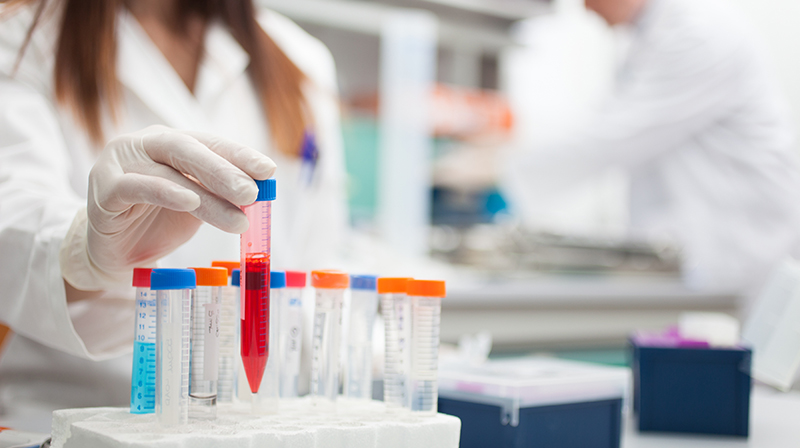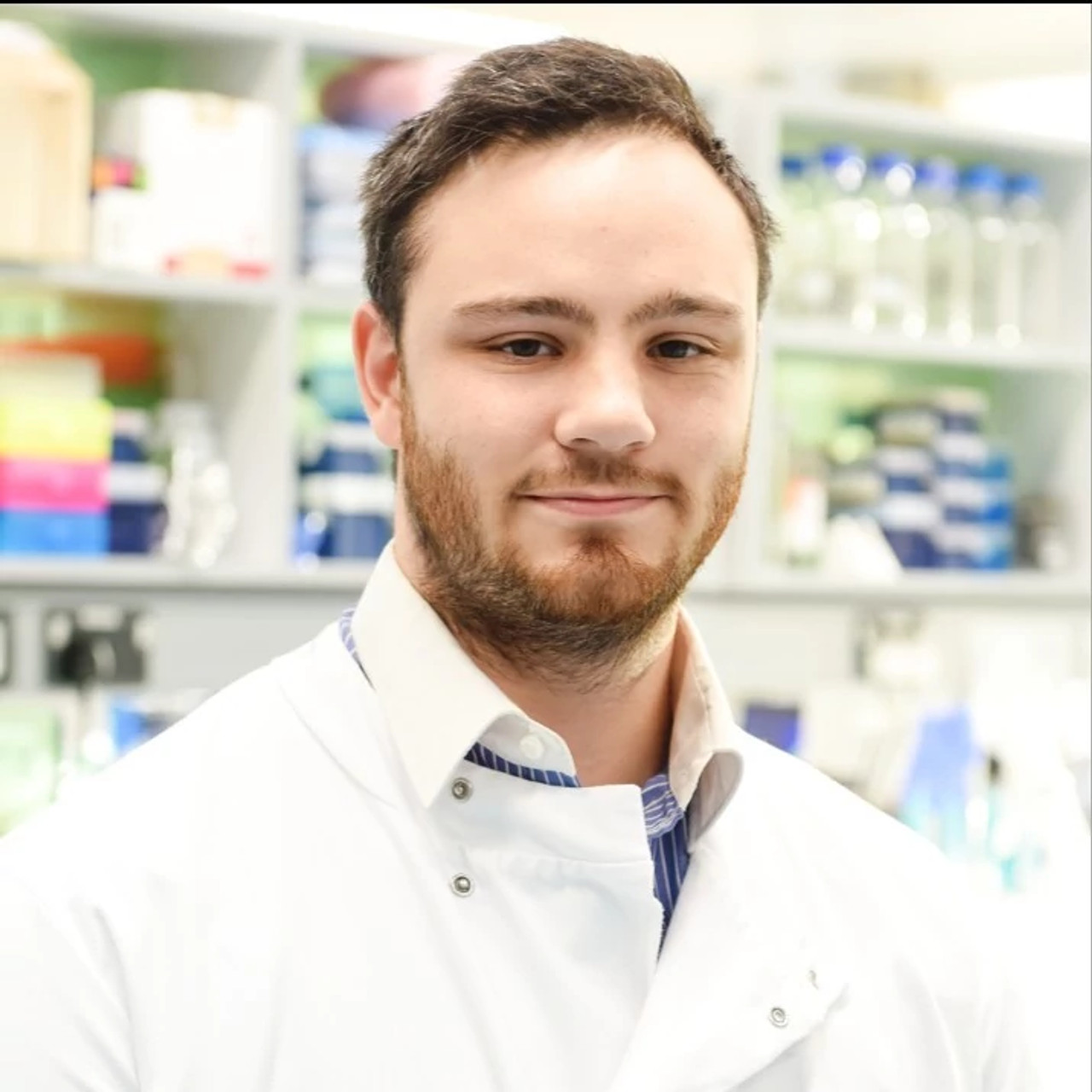
Discovering new bacteria and how they are linked to aggressive prostate cancer

Grant information
Researcher: Dr Abraham Gihawi
Institution: University of East Anglia
Grant award: £292,001
Reference: TLD-CAF22-011
What you need to know
• Dr Abraham Gihawi's research project is about finding new bacteria linked to aggressive prostate cancer.
• He will study how cancer and bacteria interact in the body to look for a better way to test men for aggressive disease.
• He will also try to find out whether bacteria play a role in why Black men tend to have more aggressive cancer.
About Dr Gihawi
Dr Gihawi completed his PhD at the University of East Anglia, where he will be based for this fellowship. His PhD, which encompassed cancer biology, microbiology and bioinformatics (the study of collecting and analysing complex biological data), was the perfect starting point for this project. He developed and used new ways to search for microbes in cancer genetic profiling data, and even helped to discover a link between the presence of certain bacteria that thrive without oxygen (called anaerobic bacteria) and aggressive prostate cancer.
As part of this new project, Dr Gihawi will travel to the University of Sydney in Australia. There, he will work with Professor Vanessa Hayes, an expert in African genomics and prostate cancer. This collaboration will give Dr Gihawi access to the largest African prostate cancer genetic dataset currently being collected. He will also work closely with teams at the University of Surrey to look at how the presence of anaerobic bacteria affects the type of immune cells present in prostate cancer.
The project aims to enable Dr Gihawi to develop his research independence, so that he can lead his own research team focused on the links between microbes and prostate cancer to improve treatments for men with the disease. In particular, he is keen to improve the representation of men of African ancestry in research, since these men are more likely to both develop prostate cancer, and experience more aggressive disease.
This grant from Prostate Cancer UK will be instrumental in accelerating my career development. The research is a vital step towards unravelling how we can use the links between bacteria and prostate cancer to help men across the globe, potentially by suggesting new treatment possibilities or through better identifying the men with the greatest need of treatment.
What will Dr Gihawi do?
We already know that bacteria and viruses can cause a variety of cancers such as cervical, liver, stomach, and bladder cancer, but for prostate cancer, no such strong link has yet been found.
Recently, Dr Gihawi and his colleagues found that certain bacteria are often found in the prostates of men with aggressive prostate cancer. This research also found four previously unknown species of bacteria, suggesting that more may remain undiscovered.
This research project aims to investigate the relationship between prostate cancer – especially aggressive prostate cancer – and the presence of these bacteria in the prostate, with a particular focus on differences between African and European men.
To do this, Dr Gihawi will look at the DNA found in samples taken from men with prostate cancer from all over the world. He will then use algorithms and software tools to find out which bacteria these are, and use statistics and artificial intelligence to figure out which might be linked to aggressive disease – and therefore which might be the best bacteria to test for if doctors want to spot aggressive prostate cancer.
How will this benefit men?
Prostate cancer is a disease that affects many men, but we still don't know much about how it develops or what causes it. This research project could help us understand more about the bacteria that might be involved in causing prostate cancer and how they interact with cancer cells.
This could lead to new treatments to stop the cancer from growing or spreading, as well as a new screening test to detect specific bacteria linked to aggressive prostate cancer.
By discovering new bacteria and understanding how they interact with cancer cells, this research project could also explain why some men get more aggressive forms of prostate cancer than others, which could help doctors develop personalised treatment plans.

